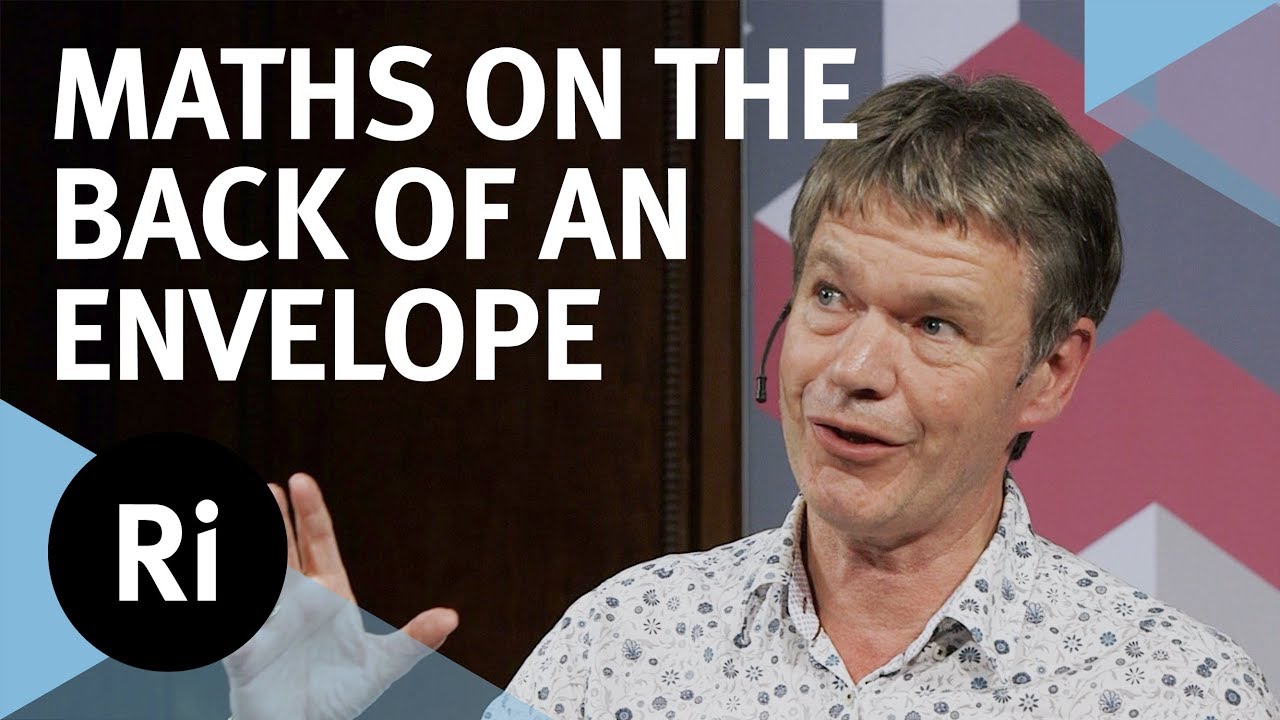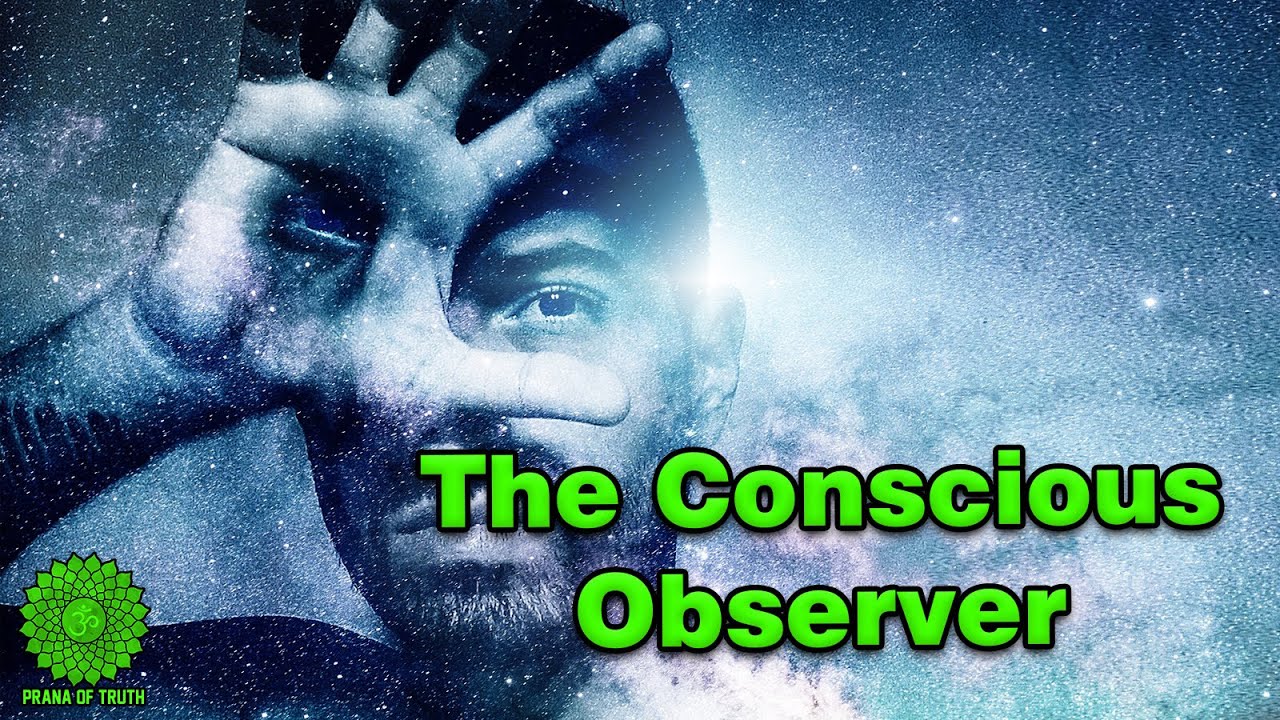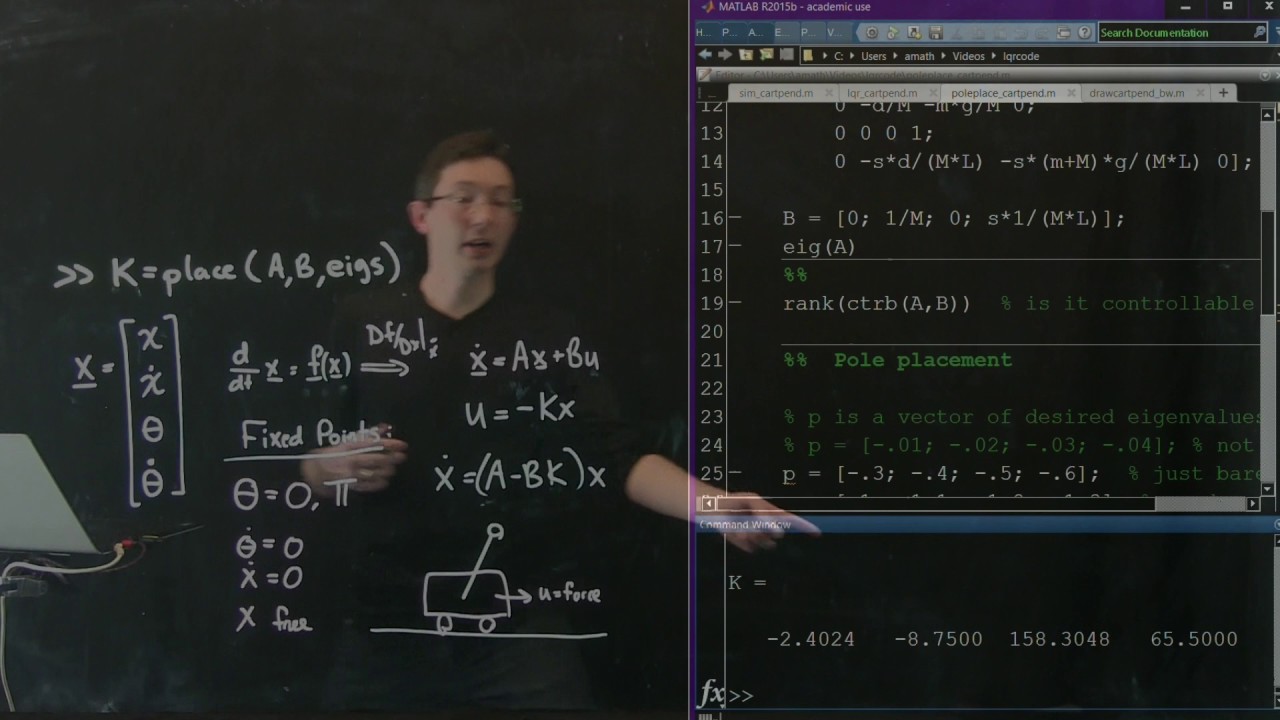The Royal Institution
Knowing how to quickly estimate sizes and numbers is a useful everyday application of maths.
Buy Rob’s book “Maths on the Back of an Envelope” now – https://geni.us/yaeUJw
How many cats are there in the world? What’s the chance of winning the lottery twice? And just how long does it take to count to a million?
Join best-selling maths author Rob Eastaway as he takes an entertaining look at how to figure without a calculator. With amusing anecdotes, arithmetical challenges, and handy calculations tips, this is an engaging introduction to the essential skills of estimation.
Rob Eastaway is an author and speaker whose books include the bestselling “Why Do Buses Come In Threes?” – https://geni.us/QbyYF – and “Maths for Mums and Dads” – https://geni.us/IcRTPH. He is the Director of Maths Inspiration, a national programme of theatre-based lectures for teenagers. He regularly appears on BBC Radio 4’s More or Less programme, and his puzzles can sometimes be heard on the Today programme. In 2016 he was awarded the Zeeman Medal for excellence in the communication of maths to the general public.
This talk was filmed in the Ri on 18 October 2019.
—
A very special thank you to our Patreon supporters who help make these videos happen, especially:
Andrew McGhee, Anna-Chiara Bellini, Dave Ostler, David Lindo, David Schick, Erik Shepherd, Greg Nagel, Jan Bannister, Joe Godenzi, John C. Vesey, Kellas Lowery, Lasse T. Stendan, Lester Su, Osian Gwyn Williams, Paul Brown, Radu Tizu, Rebecca Pan, Robert Hillier, Robert Reinecke and Roger Baker.
—
The Ri is on Patreon: https://www.patreon.com/TheRoyalInstitution
and Twitter: http://twitter.com/ri_science
and Facebook: http://www.facebook.com/royalinstitution
and Tumblr: http://ri-science.tumblr.com/
Our editorial policy: http://www.rigb.org/home/editorial-policy
Subscribe for the latest science videos: http://bit.ly/RiNewsletter
Product links on this page may be affiliate links which means it won’t cost you any extra but we may earn a small commission if you decide to purchase through the link.
Source




Me as an American: I estimated in feet, inches, and pounds… and also it's what I was taught in school and the units for all our tests, haha.
The end seems like it was suddenly broken off before it finished which was a bit strange.
I had to teach my A level electronics students how to use their calculators. And trying to drum home that if their calculation was within 10% they were within the tolerance of the components anyway…
There are approximately pi times ten to the seventh seconds in a year.
The reason you do Fahrenheit when hot and Celsius when cold, I believe is that the body can differentiate small temperature differences. So, it is generally easy to tell if the temperature is 70 degrees or 73 degrees Fahrenheit. Also, the hotter it is a larger number makes more sense. It is far less sense on the Fahrenheit scale to say it is 32 degrees, and it is actually 0 on the Celsius scale. So, thinking in -1C make more sense than 30.2 Fahrenheit which Americans do. I am open for suggestions as to whether this analysis is correct.
It is also easier to think in stones and pounds than kilo. 14 stone is much easier than 88.90kg. When cooking to say 4 oz is simpler than 112g or as cookbooks do to get around this 100g. Where in the past Grams were used only in science for measuring tiny amounts which the imperial system cannot do. Then the use of metric makes sense, 2g of something has no imperial equivalent.
How is the RI going deal wit the FTC Coppa rules as their content is directed towards children example chemical curiosities
Verdict by a jury of Numberphile viewers: "The defendant should pay the plaintiff TREE(HolyCowNumber) dollars."
Hannah Fry should do something like this!
Ordered the book on the back of this!
How many socks 🧦 makes a pair? Depends if you put them in the washer or not! 😲 😂 🤣
5318008
I can't believe nobody commented that yet 😲 🤣
20:05 and I don't think I can take any more of this guy.
Love the square root estimating.
Very interesting and absorbing. I can still recall Mr Bloodworth (Lecturer/Assistant Professor at Southampton in Chemical Engineering) writing math calculations on the board and without turning asking, "And yes Mr Hook ?" And I gave the answer, the same way without calculators or even a slide rule just for the fun of it. It was not mental maths but just obeying some common rules that you showed here. That was way back in 1967-68. I first saw a Calculator in 1971-72 when a friend of mine at the Aston University bought a Sinclair one, which was very small and there was stylus sort of thing that you used for pressing.
This was a wonderful presentation. Approximation and an understanding of scale are critical skills in today's world. This is especially evident and frustrating when I hear politicians and news commentators throw around huge numbers they clearly do not understand.
I can't use a calculator unless it's RPN – It's too easy to miss a bracket with a standard calculator. We used 4-figure log tables for O' Levels and we were allowed calculators for A' Levels but we never needed them because the questions were algebraic. I learnt how to use a slide rule in my spare time but, at most, this only gave 3-figure accuracy. For weight, I have to use Kg. For height, I have to use feet and inches. For body temperature, ºF. For all other temperatures, ºC. For rifle muzzle energy, foot-pounds. At one stage, I was familiar with electron-volts. For engine power, I use horse power. For electrical energy, Kilowatt-hours. Miles and Km are just as easy as eachother to work with. Then there's the question of degrees or radians.
No one makes slide rulers anymore. That is astonishing.
an anecdote. In my group was a research project with quite a lot of public funding. Therefore you had to fill in excel hour reports. The only problem, the head of the department took all of them in and just added a certain cell of each of these sheets. And due to reformating of the sheets by the users the figure presented to the funding department was completely out of the ballpark of the actual hours.
38:40 isn't counting the zeros how you learn to do it in elementary school? At least I learned it that way.
How to Do Maths Without a Calculator ?
Use maths. (An alien concept to Millennials)
This made things a lot easier. Very good explaination. I just bought 2 books because i want to know more about this! 1 for my self ofcourse and 1 to give away!. Thank you very much!
Easy: Use a smart phone instead.
Or we can use the better metric system and avoid all these problems.
Did you mention the language problem e.g. with billion (us) vs. billion (german)?
Or something is adding up to significant less or more than 100%?
We had to do Engineering without a calculator. I used pi as 3.2 or 3.1 depending on what was the worst case. Never failed a class.
1:35 Best bang for the buck memory aid for PI is the inverse of 113 / 355 : 355 / 113 = 3.1415929203539825
Accurate to 6 decimals.
The joke about mathematicians and engineers really speaks to me, because I tried studying physics for some time during my personal "dark ages".
It didn't quite work out, but we had a really annoying German lecturer for the basics lectures, Romano Rupp , who never really prepared, always made mistakes copying his own formulars and was very bad at estimating simple calculations (he was also a narcissist, which kind of was the origin of all that). And the one thing that stuck is what we lovingly called the "Rupp Estimate", which is always "almost 8", a statement that he confidently delivered on a short equation and that was very obviously wrong, even without using a calculator.
So whenever one of my colleagues asked me to estimate something, I said something along the lines of "if we take the Rupp estimate into account, almost 8"
“It’s Not For Me To Say”, but “Chances Are” I prefer Johnny Maths.